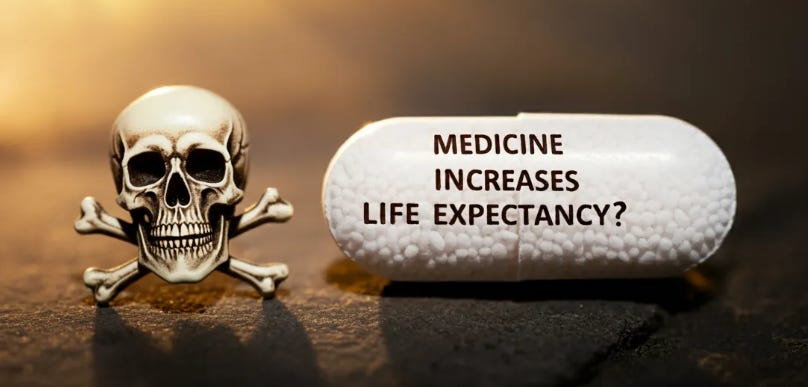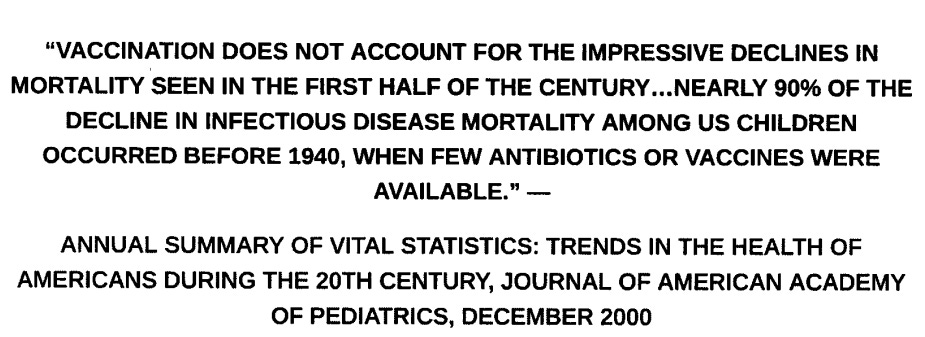We've been taught to believe that modern medicine is the reason we live longer, with a little help from improved hygiene and clean living. But the truth is, people have been living fairly long lives for centuries. It's not just a recent phenomenon.
Much of the confusion lies in the mix-up between lifespan (the maximum age we can live) and life expectancy (how long we’re likely to live). It’s incorrect to view long life as a unique characteristic of the “modern” era. Lifespan has been pretty constant throughout history, yet life expectancy has ebbed and flowed due to death by childhood diseases, epidemics and pandemics, infectious diseases, famines, and war.
By examining skeletal remains, anthropologist Meggan Bullock and colleagues found that in the city of Cholula, Mexico, between 900 and 1531, most people who made it to adulthood lived past the age of 50.
There are also other examples from historical records of people who lived fairly long lives in the past. For example, the sixth-century Roman Emperor Justinian I reportedly died at the age of 83. (Source: The Conversation)
When we examine life expectancy from the 1500s until around the early 1800s, throughout Europe, the average “calculated” 30 and 40 years was due in part to high infant mortality rates that remained at 25% until 1800. This set of averages skewed calculations of life expectancy at birth toward younger ages. But those who survived this often lived into their 60s to 80s.
Yet from the mid-1800s onward, even life expectancy at birth improved by 90 percent and maternal mortality decreased by 99 percent. Vaccinations are said to have enabled the eradication or suppression of diseases such as smallpox and polio (Morbidity and Mortality Report, CDC, 1999).
However, the intervention by vaccination could be debunked with contradicting evidence such as this:
So why did infectious diseases decline?
This source gives evidence of studies and reports proving a decline in infectious disease deaths before vaccinations. As soon as we figured out how germs spread diseases, we built better sewers that cleaned up water supplies while also improving overall nutrition. Now people avoided deadly infectious diseases, and boom, society as a whole started living longer. Today in the US, the average lifespan is around 78.5 years. And worldwide, it's 71.4 years.
Medicine's Role and Limitations
Although the medical field can achieve remarkable results for certain areas of ill health, its influence on the overall longevity of society is not as significant. This is particularly so regarding non-infectious diseases.
The misconception that medicine alone extends the human lifespan marginalizes factors such as lifestyle and preventative care. The fact that medical errors rank third among causes of death in the U.S. highlights its fallibility and underscores the need for a more preventive approach.
Our obsession with living longer often overlooks the quality of life in later years. The average American can expect to live to about 80 years, but experts say we only feel good for about 6o years. So while some medications2 keep us propped up like living corpses, a longer life also means we're "dying longer," facing years of chronic illness rather than true vitality.
For example, the prevalence of obesity among U.S. adults increased by approximately 50 percent per decade throughout the 1980s and 1990s. Today, two-thirds are obese or overweight.
Other statistics:
Diabetes: 38.1 million people suffer from this disease, according to the CDC.
Heart Disease: The leading cause of death in the US—1 in every 5 deaths in 2020.
Cancer: In 2024, an estimated 611,720 people will die from the disease.
Overall, 7 out of 10 Americans will die of a disease. How can any of this be counted as successful and independent aging?
The myth that modern medicine’s role is the primary driver of increased life expectancy has been grossly overstated. The truth should be stated like this:
True longevity emerges not from the length of our years, but from the vibrancy with which we live them.
Life expectancy increases only in proportion to health and living conditions improving. Today we are pumping ever-increasing amounts of poisonous drugs and foods into our bodies with predictable results. In September 2018, the Office for National Statistics confirmed that, in the UK at least, life expectancy has actually stopped increasing. Beyond the UK, these gains are slowing worldwide.
All this is a rebuke to the idea that you can fix global health by popping pills or cutting people open.
Yet even good hygiene is not just going to anyone alive when people are basically eating themselves to death with junk food. This approach directly contradicts every principle of increased life expectancy.
Don't expect your doctor to tell you how to stay healthy. The truth is, he doesn’t know. The medical system is set up to treat people after they get sick, not to stop them from getting sick in the first place. And let's face it, the food industry isn't helping. They're more interested in making money than in making you healthy.
We’re not going to extend our allotted time on this earth, but if we largely avoid doctors and pills and concentrate on positive lifestyle changes, we can make a big difference in maximizing our life expectancy with vibrant health.
Your presence here is greatly valued, and that’s why all our articles are free on this site. But if you've found that the content benefits your life, please consider supporting it through a cost-effective paid subscription. This plays a vital role in covering operational costs and supports the continuation of this independent, unbiased research and journalism work. Thank you!!
If shy about commitments, feel free to leave a one-time tip!








